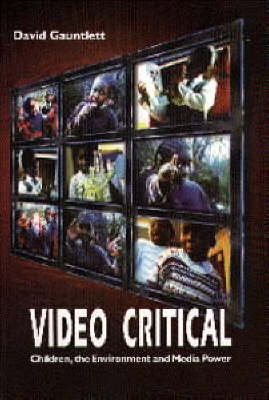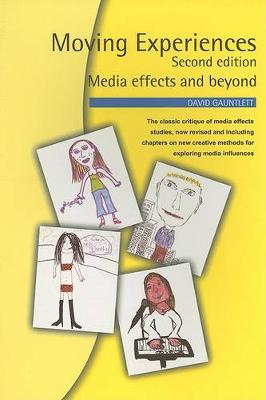Acamedia Research Monograph S.
1 primary work • 2 total works
Book 21
In this follow-up to his highly-acclaimed "Moving Experiences" (1995), David Gauntlett travels beyond the relatively straightforward questions about the possible direct effects of television on behaviour, to explore the contribution which television can make to viewers' understandings of the world. Arguing fiercely against the attempts of psychologists to explain complex social issues in individualistic terms, "Video Critical" racks the focus back yet further, undertaking a more sophisticated journey towards an understanding of the place of media in the lives of children at the end of the twentieth century. "Video Critical" presents, for the first time, the findings of a new research method developed especially for this study, in which groups of Leeds schoolchildren were given video facilities to facilitate them making their own video productions. Taking the environment as their focus, the videos suggest that the children's views of both environmental issues and the mass media are complex and contradictory.
The children's work is also considered in relation to the aims of the producers of broadcast television programmes which involve material about the environment, who were also interviewed for the study.
The children's work is also considered in relation to the aims of the producers of broadcast television programmes which involve material about the environment, who were also interviewed for the study.
No. 13.
The possible effect of television on its viewers has been a source of controversy for decades. Over the years, the flickering box has been blamed for every kind of social problem and antisocial act, and in many cases has been found guilty by an audacious but often surprisingly shaky range of studies. The hypothesis that television makes people mad, bad, or otherwise dangerous to know, has been tested in multifarious ways, whilst researchers have also investigated whether television might actually do viewers good.

